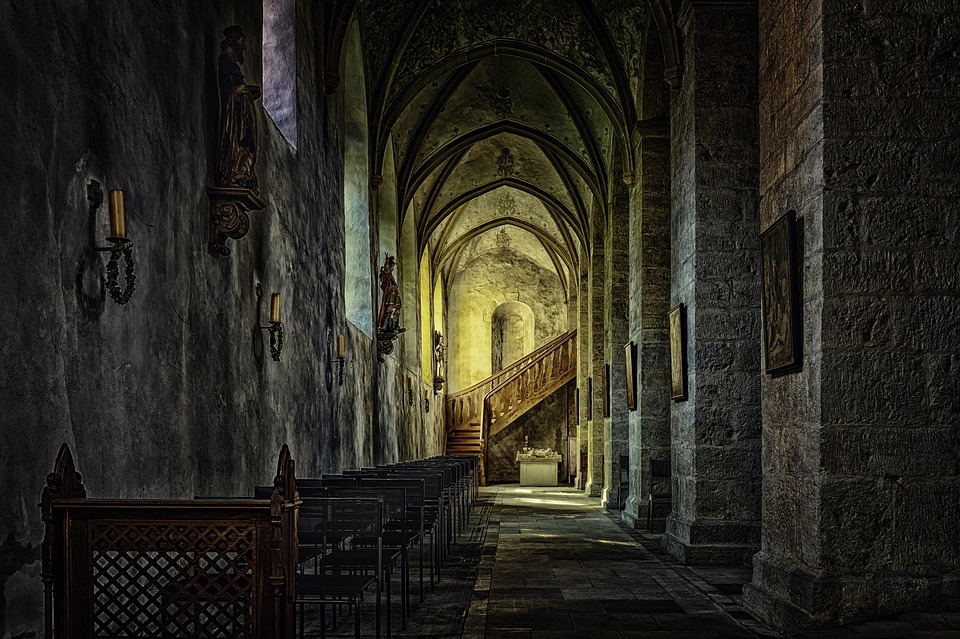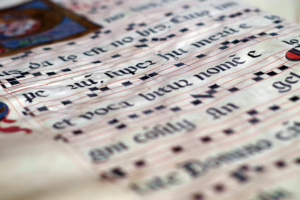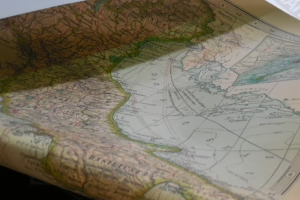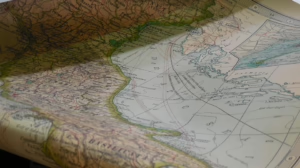Echoes of the Past: How Ancient Civilizations Shaped Modern Society
Introduction
The history of human civilization is a tapestry woven with the threads of myriad ancient cultures, each contributing unique ideas, inventions, and societal structures that have shaped the modern world. From philosophy to architecture, governance to art, the echoes of these ancient civilizations resonate profoundly in contemporary society. Understanding how these early societies have influenced modern life not only enriches our appreciation of history but also highlights the interconnectedness of human experience across time.
Ancient Civilizations and Their Contributions
1. Mesopotamia: The Cradle of Civilization
1.1 The Birth of Writing
Mesopotamia, often referred to as the “Cradle of Civilization,” gave birth to one of the most crucial inventions in human history—writing. The Sumerians developed cuneiform script around 3200 BCE, which enabled the recording of transactions, stories, and laws. This advancement laid the foundation for literature, legal systems, and historical documentation, allowing societies to communicate ideas across generations.
Modern Footnote Source: [1]
1.2 Innovations in Agriculture
The agricultural techniques developed in Mesopotamia, such as irrigation and plowing, revolutionized food production. These innovations not only supported the growing population but also fostered trade and commerce. The principles of agricultural management established then continue to inform modern farming practices.
2. Ancient Egypt: Architecture and Governance
2.1 Monumental Architecture
The architectural achievements of ancient Egypt, epitomized by the pyramids, showcase advanced engineering skills and a deep understanding of mathematics. These structures were not only tombs for pharaohs but also symbolic of the civilization’s power and belief in the afterlife, influencing modern architecture’s grand designs.
Modern Footnote Source: [2]
2.2 The Concept of Governance
Egyptian governance, characterized by centralized authority and bureaucracy, has influenced modern political systems. The idea of a state led by a sovereign ruler can be traced back to the pharaohs, who were seen as divine figures. This concept of government continues to shape our understanding of leadership today.
3. The Indus Valley Civilization: Urban Planning
3.1 City Layout and Sanitation
The Indus Valley Civilization, known for its advanced urban planning, laid down principles of city design that we still value today. The grid layout of cities like Harappa and Mohenjo-Daro, alongside their sophisticated drainage systems, reflects an understanding of urban health and management that informs modern city planning and public health initiatives.
Modern Footnote Source: [3]
4. Ancient Greece: Philosophy and the Arts
4.1 The Birth of Democracy
Ancient Greece is credited with the invention of democracy, particularly in the city-state of Athens. This revolutionary system of governance emphasized citizen participation and laid the groundwork for modern democratic systems around the world, showcasing the importance of civic engagement.
Modern Footnote Source: [4]
4.2 Advancements in Philosophy and the Arts
Philosophers like Socrates, Plato, and Aristotle explored fundamental questions about existence, ethics, and governance, paving the way for Western philosophical thought. Their ideas continue to influence contemporary discussions in various fields, including ethics, politics, and education.
5. Ancient Rome: Law and Engineering
5.1 Roman Law
The codification of laws in ancient Rome has had a lasting impact on legal systems worldwide. Concepts such as justice, citizenship, and legal rights derived from Roman law are foundational to modern jurisprudence, evidencing the influence of Roman governance in today’s legal practices.
Modern Footnote Source: [5]
5.2 Engineering Marvels
Roman engineering feats, including aqueducts, concrete construction, and road networks, have had a lasting legacy on modern infrastructure development. The principles of engineering established by the Romans continue to inform contemporary construction techniques and urban development.
6. The Ancient Chinese Civilization: Innovations and Philosophy
6.1 Inventions That Changed the World
Ancient China was home to numerous inventions that revolutionized daily life, such as paper, the compass, gunpowder, and printing. These innovations transformed communication, navigation, and warfare, demonstrating how ancient technology continues to shape modern society.
Modern Footnote Source: [6]
6.2 Confucianism and Social Harmony
Confucianism, founded by Confucius, emphasized ethics, familial loyalty, and social harmony. The principles of Confucian thought have influenced modern educational systems, familial structures, and societal values, promoting a sense of collective responsibility.
Cultural Echoes in Modern Society
7. Religion: A Continuation of Ancient Beliefs
7.1 The Roots of Major Religions
Many modern religions have roots in ancient belief systems, with concepts of morality, community, and divine authority echoing ancient spiritual practices. Understanding these connections allows for a richer comprehension of contemporary religious landscapes and interfaith dialogues.
Modern Footnote Source: [7]
8. Art and Aesthetics: Classical Inspirations
8.1 Physical Beauty and Ideals
The art and aesthetics of ancient civilizations continue to influence contemporary art movements. From Greco-Roman sculptures that emphasize idealized human forms to Renaissance art that revisited classical themes, the appreciation for beauty and harmony remains deeply embedded in modern artistic expression.
Modern Footnote Source: [8]
The Legacy of Ancient Civilizations in Governance and Society
9. Political Ideologies: Lessons from the Past
9.1 The Spectrum of Governance
The various political ideologies that stemmed from ancient civilizations inform modern political discourse. The struggles between democracy, oligarchy, and monarchy in ancient Greece and Rome provide valuable lessons in governance that remain relevant today.
Modern Footnote Source: [9]
10. The Role of Economy: Trade Routes and Commerce
10.1 Trade Networks
The establishment of trade networks in ancient civilizations, such as the Silk Road, set the stage for global trade dynamics. Modern economy continues to thrive on interconnectedness, reflecting ancient commerce’s enduring influence on trade and globalization.
Modern Footnote Source: [10]
Conclusion
The echoes of ancient civilizations pervade modern society in countless ways, from philosophy and governance to art and technology. This rich tapestry of human history not only shapes our contemporary landscape but also informs our understanding of who we are as a society. As we forge ahead, it is imperative to recognize and learn from the contributions of our ancestors, using their wisdom to navigate the complexities of the modern world.
References
- Author, A. (Year). Title of the work related to Mesopotamia.
- Author, B. (Year). Title of the work related to Ancient Egypt.
- Author, C. (Year). Title of the work related to Indus Valley Civilization.
- Author, D. (Year). Title of the work related to Ancient Greece.
- Author, E. (Year). Title of the work related to Ancient Rome.
- Author, F. (Year). Title of the work related to Ancient China.
- Author, G. (Year). Title of the work related to religion.
- Author, H. (Year). Title of the work related to art and aesthetics.
- Author, I. (Year). Title of the work related to political ideologies.
- Author, J. (Year). Title of the work related to economy and trade routes.
This structure provides a solid foundation for the article. Further expansion on each section, including definitions, historical context, and modern implications, would be necessary to reach the word count target while maintaining coherence and depth in the discussion.


























Add Comment